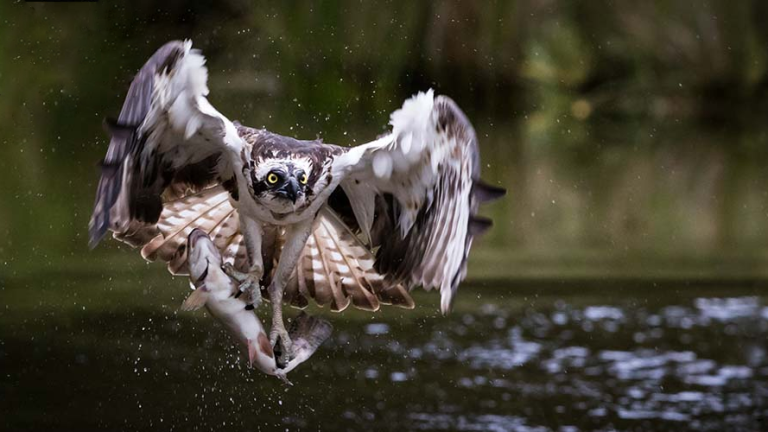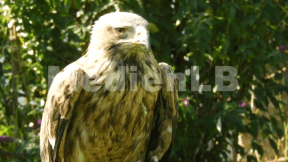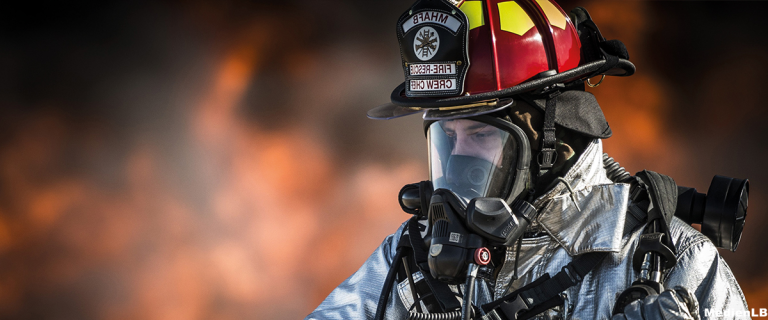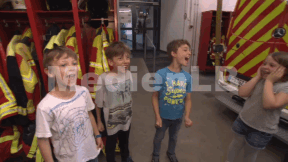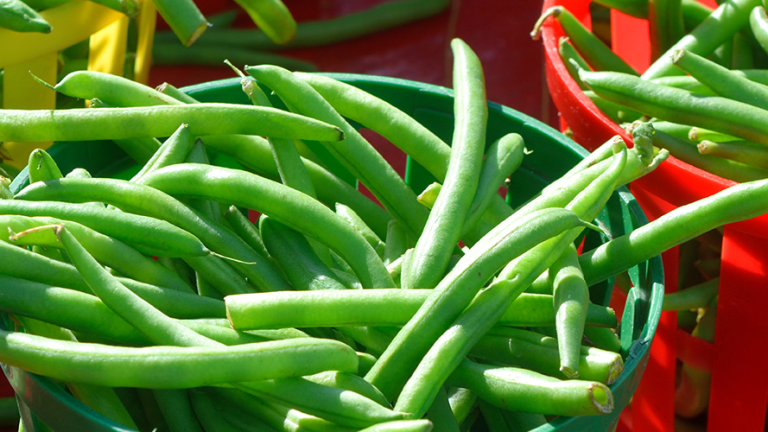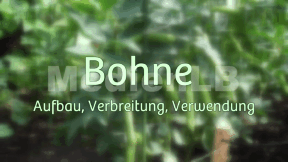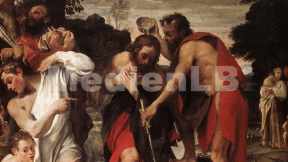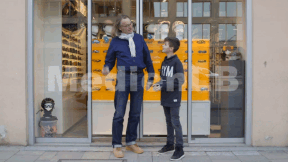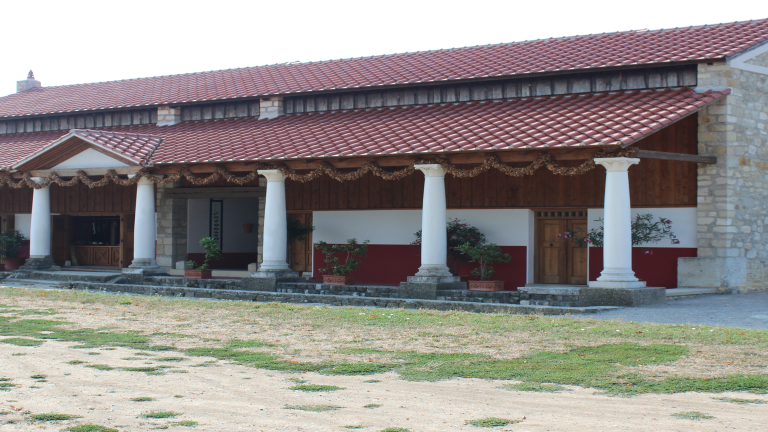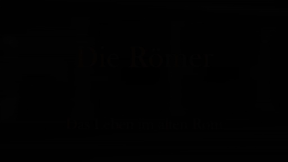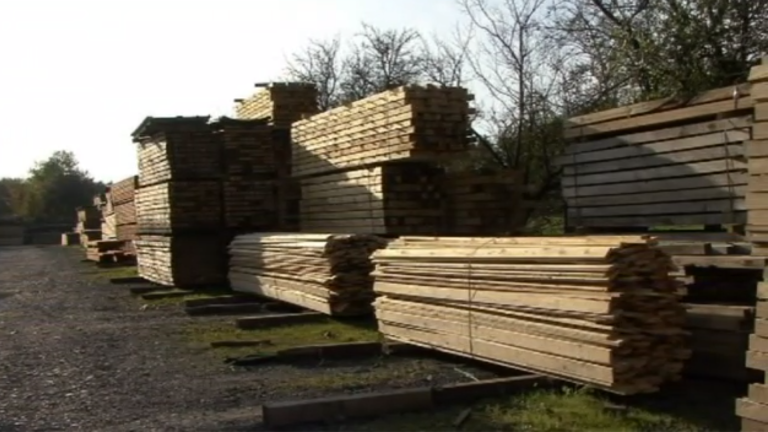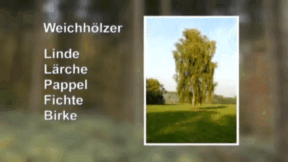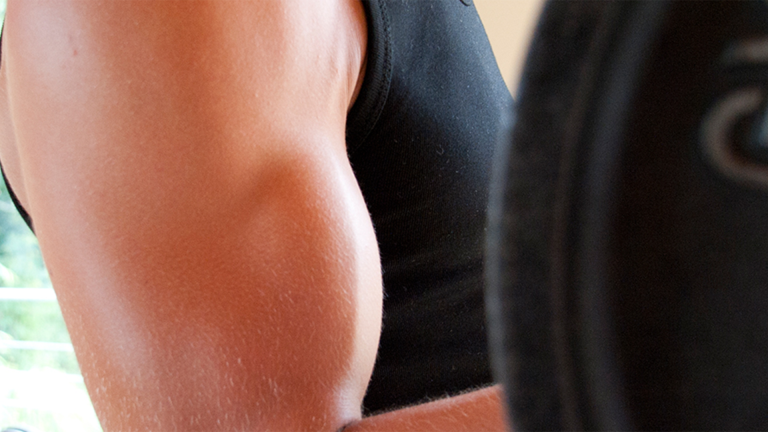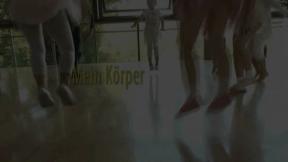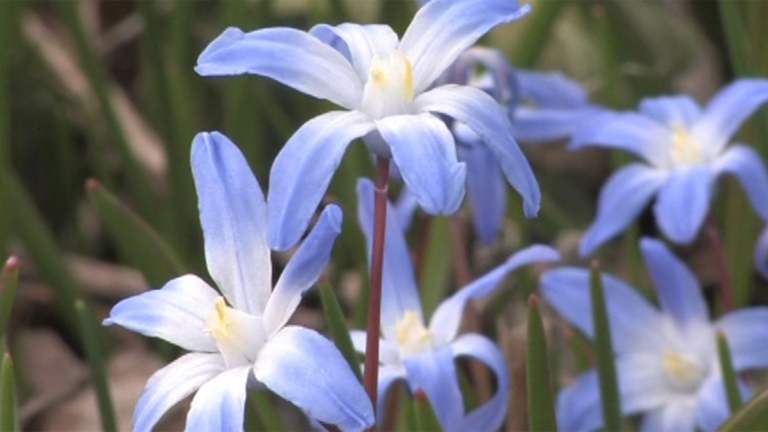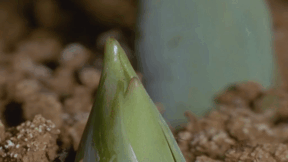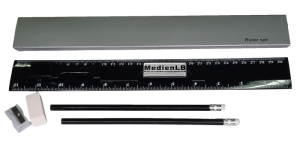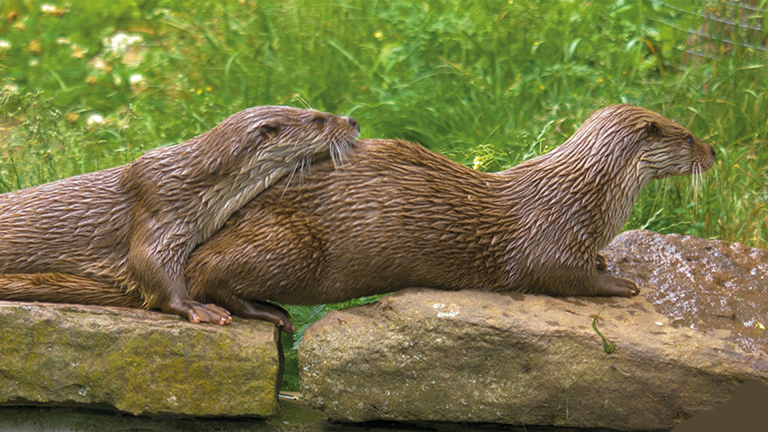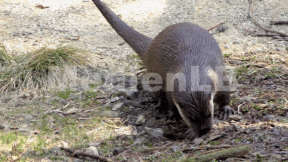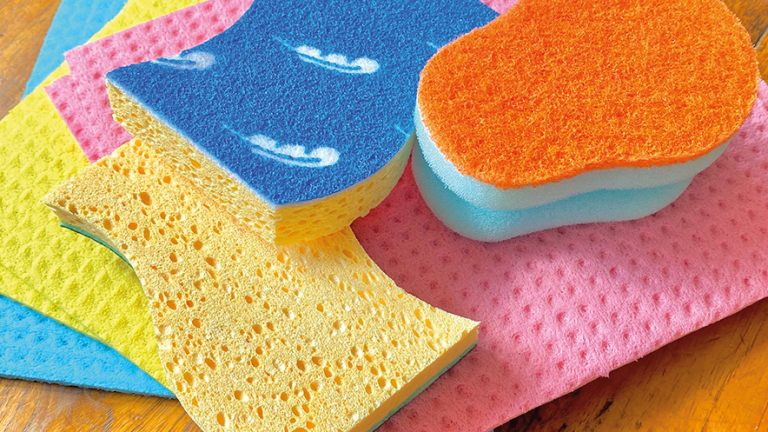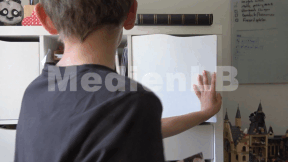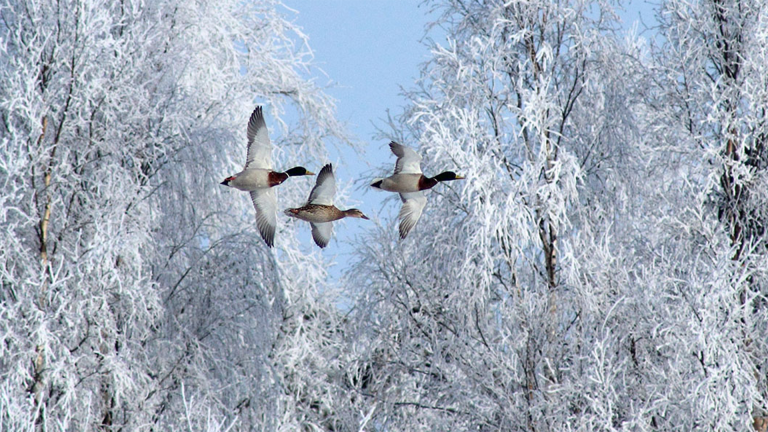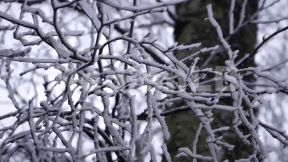Suche:
- # Artistry
- # Biology
- # Chemistry
- # Ecological
- # Economy
- # English
- # Foreign Language
- # Geography
- # German
- # Health
- # History
- # Informatik
- # Latin
- # Mathematics
- # Media Education
- # Music
- # Physics
- # Politics / Civics
- # Preschool
- # Primary School
- # Religion
- # Society
- # Sports
- # Technology
- # Training of Teachers
- # Vocational Education
Greifvögel
Greifvögel sind überwiegend fleischfressende Vögel, die ihre Beutetiere aus der Luft jagen und per Biss oder per Griff mit den Krallen töten.
Learn moreBean
The word bean refers to both the seeds and the pods surrounding them and often even the whole bean plant. It is not easy to get an overview of the different types of bean plants. Their variety is due to, among other things, their different origins.
Learn moreCatholic and Protestant Baptism
As an important ritual of the Christian faith, baptism is closely connected with the traditional stories of the prophet John the Baptist, who is said to have lived in Jesus’ lifetime. John baptised people in the River Jordan, located at the present-day border between Israel and Jordan in the Middle East. Baptism and water were symbols of people’s confession of past sins and return to the right track in life. One day, Jesus and some of his disciples are said to have come to John to have themselves baptised.
Learn moreResponsible Consumption
What do “consumption“ and “consume“ actually mean? This is what the child reporter Ferdinand wants to find out today. That much is for sure: often it has something to do with money.
Learn moreRomans
Augsburg, Cologne, Trier – perhaps you have already heard about these cities. But did you also know that all these cities were built by the Romans?
Learn moreWood/Paper/Recycling
The DVD “Wood/Paper/Recycling” provides information on the treatment and processing of wood. The production of paper, an everyday item in our lives, as well as the recycling process are explained to the primary school pupils in a simplified way. The film is also excellently suited for environmental education. The following topics in the subject area of wood, paper and recycling are covered in this DVD: • Wood – a Natural Resource (appearance, properties; types of wood) • At the Sawmill (treatment and processing methods with state-of-the-art machinery) • Paper (everyday use, papermaking, types of paper, properties) • Recycling (waste paper as an important material for the recycling of used paper, recycling technique) • Environmental Protection (conservation of trees, recycling of waste paper)
Learn moreMy Body
All human beings in the whole world have the same physique. However, we differ from each other in sex, height and weight as well as in skin and hair colour. The way we move, too, is different with each individual person. This film shows the uniqueness of humans and the distinctiveness of each body. Touch is a basic need of humans – there are good and bad kinds of touch. We learn to say “No!” in the case of unpleasant touches to protect our bodies. Zur Lesekompetenzförderung kann, über das Menü ihres DVD Players oder der Abspielsoftware, der deutsche Untertitel eingeschaltet werden.
Learn moreEarly Flowering Plants
During the first warmer days in late winter, the harbingers of spring show that new life is stirring. With great biodiversity and beauty the early flowering plants herald the change of season. In an easily comprehensible manner and often with stunning time-lapse images the film makes children aware of the connection existing between the sprouting of the early flowering plants so soon in the year and their extraordinarily rapid growth.
Learn moreFischotter
Der Fischotter: Er gilt als Meisterschwimmer und Taucher! Sein Fell besteht aus 70.000 Haaren pro Quadratzentimeter! Sein Lieblingsmahl ist Fisch!
Learn moreHaushaltswissen
Ordnung spart viel Zeit. Hauswirtschaftslehrerin Petra Fuchs gibt sieben hilfreiche Tipps, wie Aufräumen schnell geht und Spaß bringen kann. Dazu kommt das Themenfeld Sicherheit im Haushalt – hier wird auf die wichtigsten Sicherheitsregeln eingegangen, damit Dir beim Schneiden mit dem Messer oder beim Verwenden der Pfanne nichts passiert. Weiteres Haushaltswissen wird aus den Bereichen Reinigen mit verschiedenen Reinigungsmitteln, optimales Waschen mit der Waschmaschine und sicheres Kochen vermittelt. Zum Schluss zeigt der Film noch ein einfaches Rezept mit genauer Anleitung zum Nachkochen.
Learn moreTiere im Winter
Für die Tiere ist der Winter eine harte Zeit. Auf den gefrorenen Böden finden sie wenig Grünfutter, die Kälte kostet sie viel Energie.
Learn more



